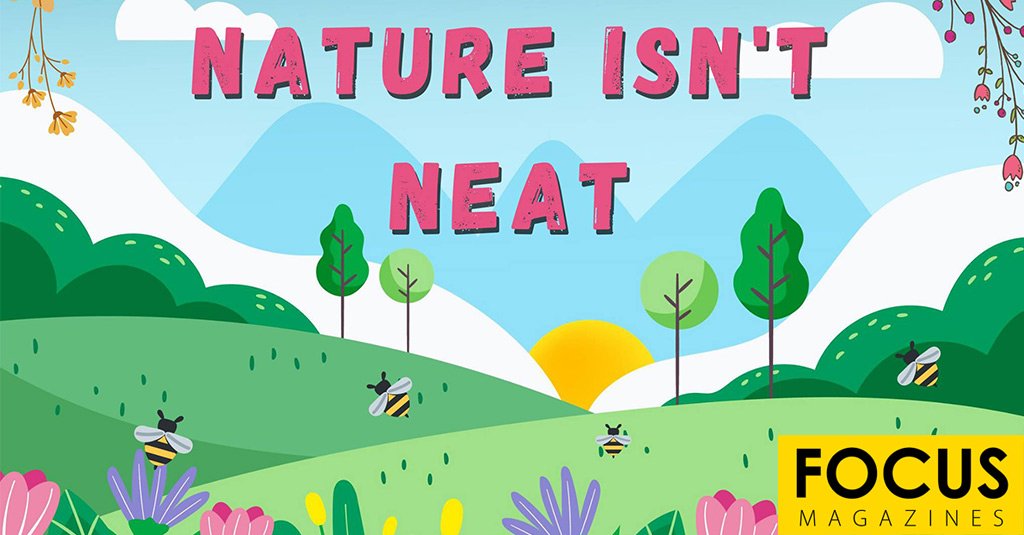Monmouthshire County Council is looking for residents’ feedback on how natural areas within the county are managed, as green spaces across Monmouthshire are being left to grow during spring and summer months to benefit ecosystems as part of the Nature isn’t Neat project.

The grassland management approach has been piloted in several locations across the county over the past few years. Now all five Gwent Local authorities are committed to managing more green spaces for nature as part of the Nature isn’t Neat project, helping to combat the biodiversity and climate crisis.
By letting areas of grassland grow, more wildflowers are left to flower for longer, providing a habitat for wildlife and pollinating insects like bees and butterflies. Allowing plants to grow longer, bigger roots means they store more carbon in the soil and help to tackle climate change. This also creates more air in the soil, helping reduce the impact of flooding.
Environments which support a wider range of wildlife will benefit residents’ health and mental wellbeing, while encouraging them to take time to enjoy our green spaces, and see flowers, insects and other wildlife make themselves at home in these natural green spaces.
Where possible, meadow areas will remain unmown into the summer. However, areas around paths and road junctions will be mown frequently to maintain safety and access. Recreation areas will still be maintained regularly, and patches mown for play and picnics.
As parks and verges have been mown frequently for decades, they are currently lacking many meadow wildflower species. Creating a natural meadow is a process that can take several years of allowing more flowers to set seed and removing cuttings when mown. Over time they will become more diverse and colourful, being a great opportunity for children to engage with nature on their doorstep.
The council want to ensure the right balance is found between nature and recreation by hearing residents’ feedback on how the Nature Isn’t Neat approach is being maintained in the local green spaces. By letting us know what you think of the changes, you can show support or highlight areas for us to improve.
You can offer your feedback by following this link: https://bit.ly/3sH85Od
This project is part of a series of programmes to be delivered under the Gwent Green Grid Partnership Project, which is supported by the European Agricultural Fund for Rural Development: Europe Investing in Rural Areas and is funded by the Welsh Government’s Enabling of Natural Resources and Well-being Grant.
Find out more about the Gwent Green Grid here: Gwent Green Grid Partnership – Monlife
MCC

